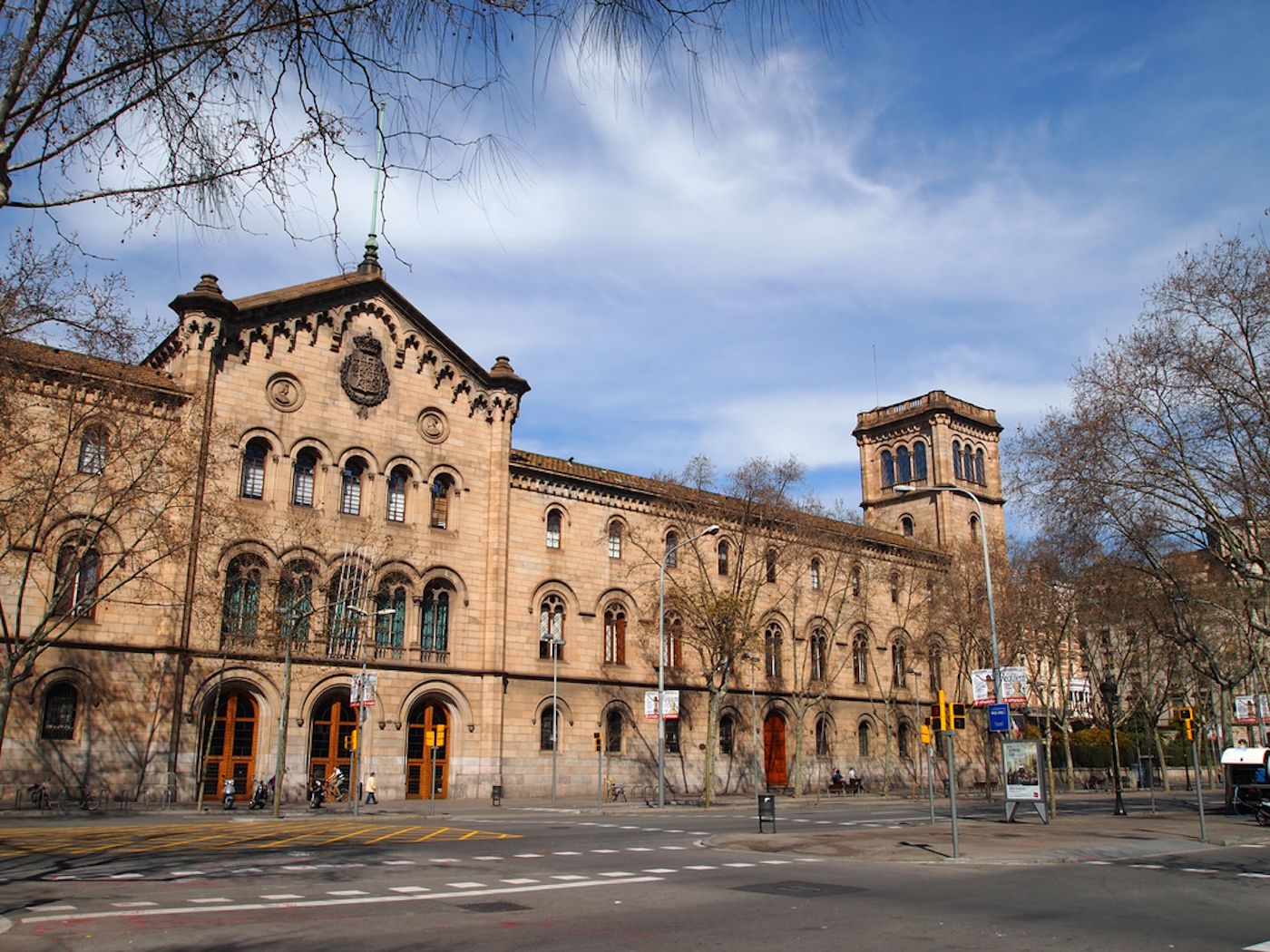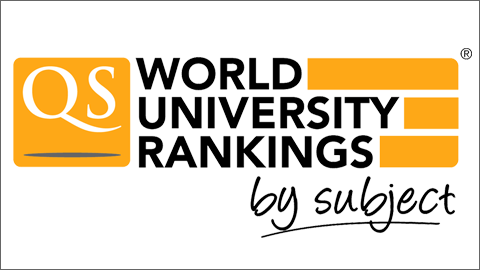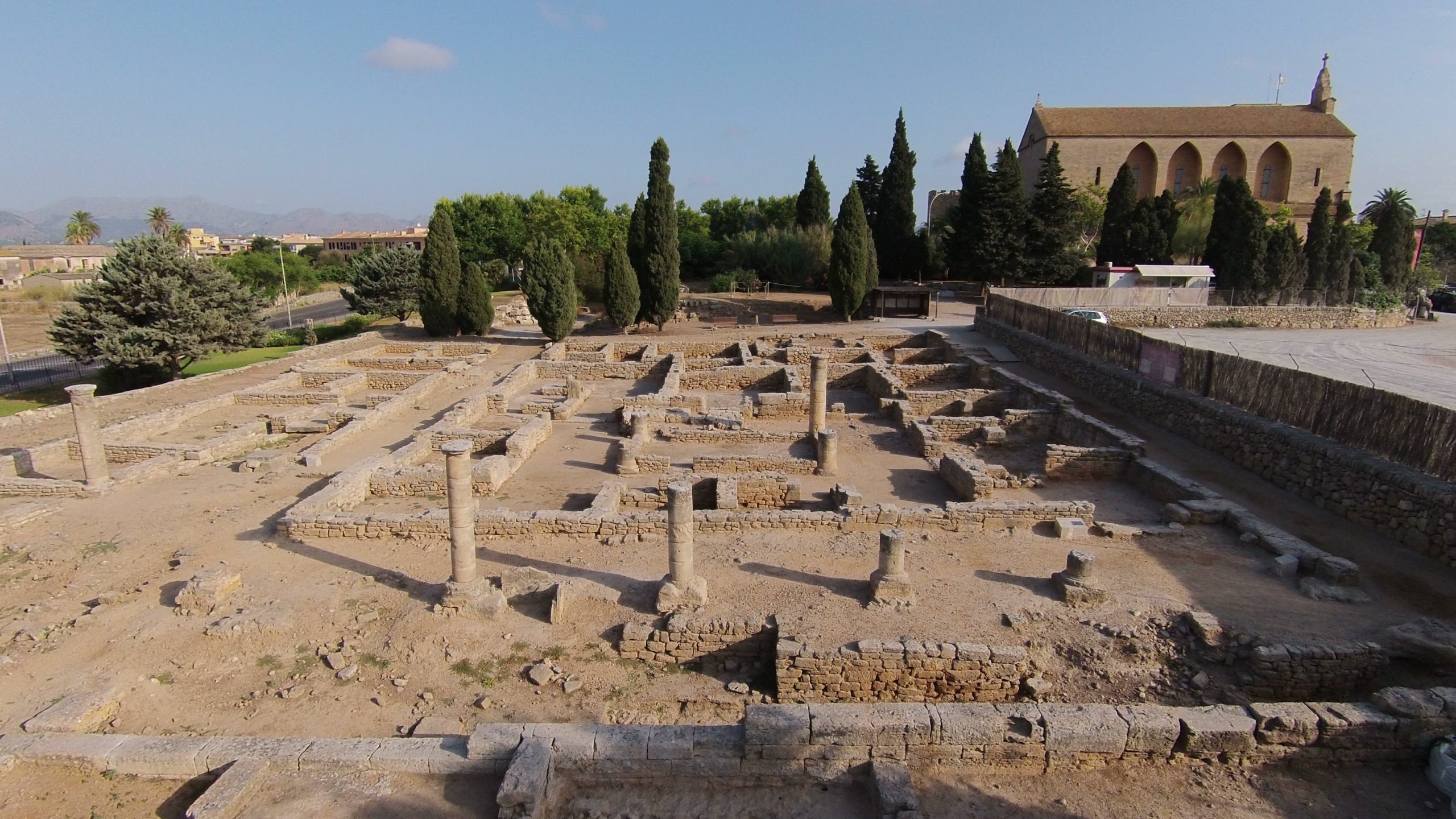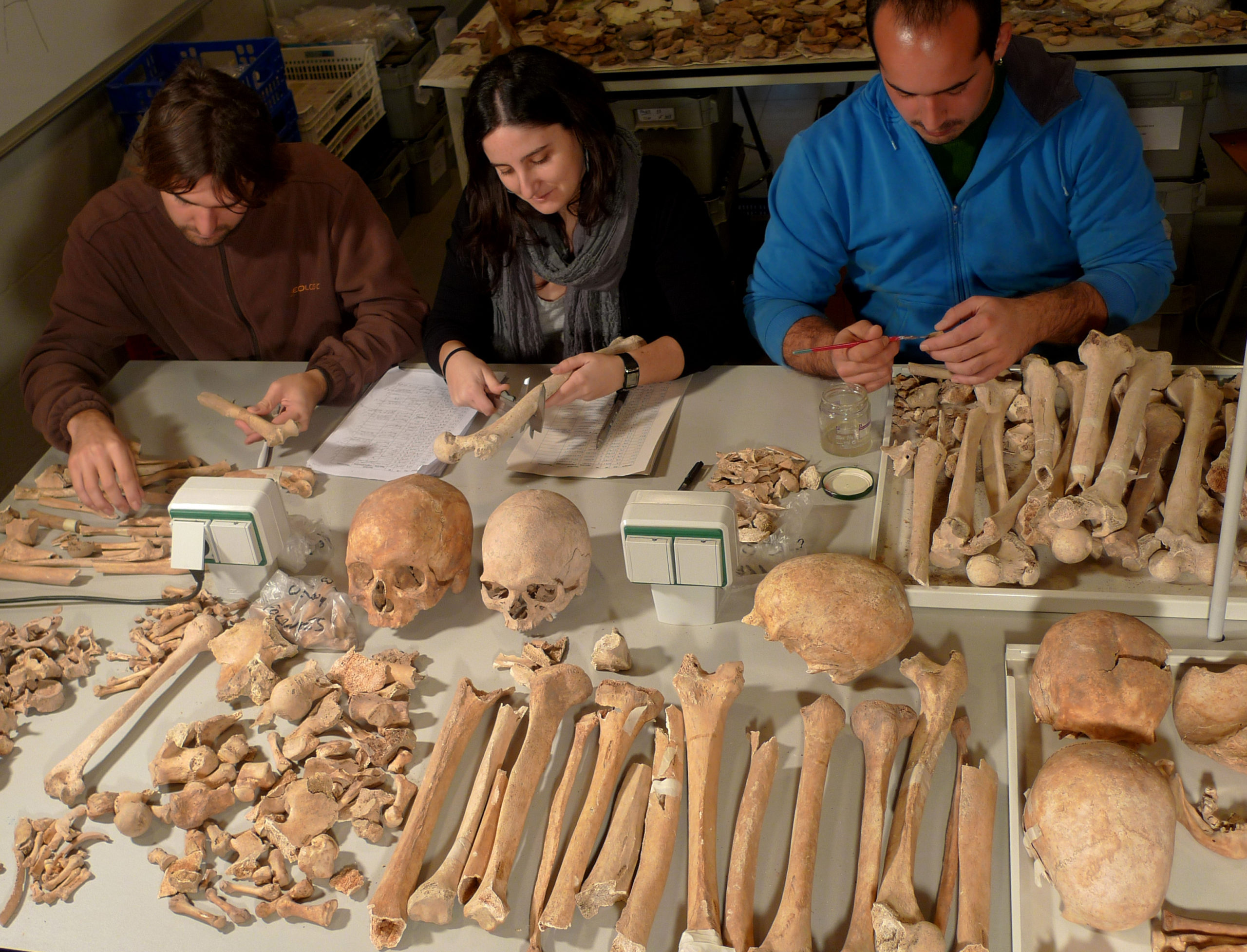Mission & Aims
Mission

The Institute’s mission is to promote and organise, from a multidisciplinary and diachronic perspective, research in the field of archaeology, maintaining and promoting its excellence, and promoting training in the field of action of the Institute. Among its strategic objectives is to consolidate and promote collaborations with other institutes of the UB, institutions in Catalonia, Spain, and internationally that share their concern for archaeology.
Archaeology at UB is ranked by the QS World University Rankings by Subject 2023 among the 50 top all over the World.





Some aims:
- Position the University of Barcelona among the best international institutions in the field of archaeological research.
- To bring together in the same centre all the researchers who deal with Archaeology at the UB and to promote synergies that result in research projects and collaborations from a diachronic and multidisciplinary perspective.
- Stabilize economic, material, and human resources that are destined for archaeological research from the UB, and attract new resources from public administrations and companies, establishing management and control mechanisms linked to the administrative structure of the University to guarantee optimization and transparency.
- To have a research pole of excellence that can attract prestigious and talented researchers within programs such as ICREA, Ramón y Cajal, Beatriz de Galindo, MSC, María Zambrano, Juan de la Cierva, Margarita Salas, Beatriu de Pinós, etc.
- Coordinate with the rest of the Institutes of Archaeology both in Catalonia and in the Spanish State, and internationally, to propose long-term projects and links and to promote research in Archaeology.
- Convert the Institute of Archaeology of the UB into a pole of attraction of archaeological activity in Barcelona, in collaboration with other institutions and entities of the environment with an interest in the subject.
- To make known the results of archaeological research to society through a program of socialization of science.
- Promote archaeology as a scientific discipline for new generations, creating an interest in archaeological research from the early stages of training, as well as in more advanced stages.
- Have a framework where you can carry out specialization training activities, as well as seminars, talks and conferences, etc.
- Promote the maximum scientific and ethical rigour in the interventions on the archaeological heritage developed by the Institute itself. It will also ensure that it practices and raises awareness, within the profession, of the problems related to the defence, conservation, and dissemination of cultural heritage. It will collaborate when required, and at the request of the competent administrations, in the problems related to the defence, conservation and dissemination of cultural heritage that are developed at the state level.
- Develop policies of diversity, inclusion, and equality to make the Institute a nice working environment.